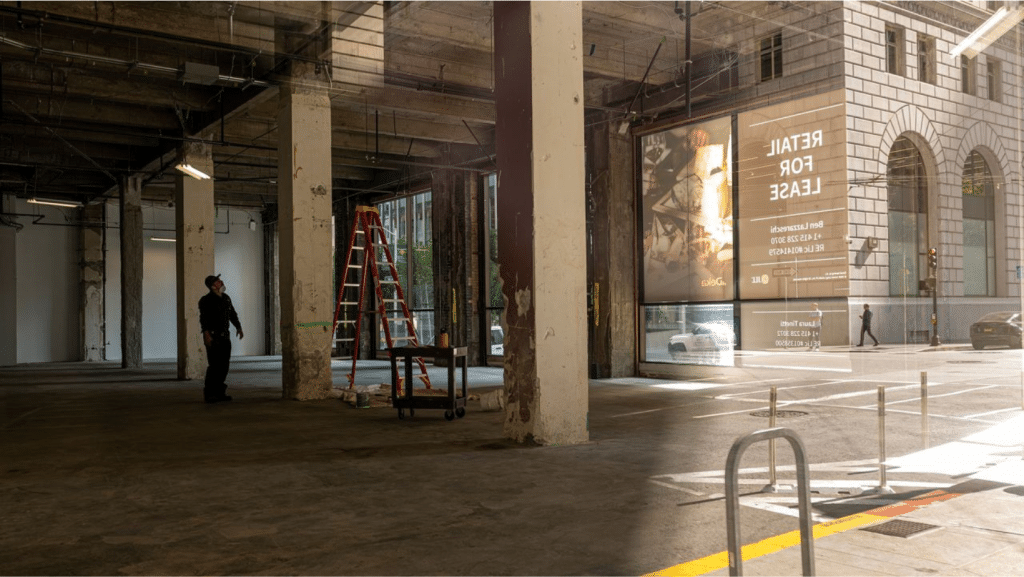Kevin O'Leary Says Imminent Real Estate Crash Will Lead To 'Chaos' - Here's What You Need To Know

"Shark Tank" star Kevin O'Leary believes the commercial real estate industry is on the verge of collapse, bringing with it ripple effects that will harm investors and small business owners. He elaborated on this "unique situation" while appearing on the last episode of "Kudlo".
Here's everything you need to know about the state of commercial real estate and how it could have broader economic effects.
The transition from frontal work will lead to more bank failures
Although many large-scale companies are transitioning back to office work, many small businesses are not making this transition. This means that many office buildings remain empty.
"Many of these office spaces are in sub-prime markets, but even in cities like Boston, there's a lot of vacancy -- up to 40 percent of the buildings," O'Leary said. "The challenge is that in every other real estate cycle when there is a correction - which is going to happen here because of the increase in rates - we have to recycle these buildings. Many of them have no equity left."
This will cause serious problems for the regional banks invested in these buildings.
"These banks are going to fail because up to 40% of their portfolio is in commercial real estate," O'Leary said.
It will be necessary to convert commercial real estate to other uses - but this can be challenging
O'Leary said we are in a "unique" situation right now because the commercial real estate market is unlikely to ever return to where it was before the pandemic.
"What is special is that it only reaches the radar screen, most of which cannot be used as a field office again because the economy has changed," he said. "No one saw this coming. But up to 40% of people who work in small businesses no longer return to the office. So we have to do it again."
O'Leary notes that these properties could theoretically be converted to storage or even housing, but that's easier said than done.
"You can't do it without zone changes and policy changes," he said. "It is very difficult. So it might be better in the long run to demolish these buildings and rebuild them for a new purpose - data centers, industrial climate controlled storage. This is where we need to do it, but who will pay for it? This is the question because we are talking here about a trillion dollars in aggregate. So there are big problems and it's going to manifest itself in these regional banks over the next 36 months."
O'Leary also noted that many of these buildings are no longer economically viable.
"Most of these buildings were built within the last 30 years and have mortgages with interest rates of less than 4%," he said. "Now the Fed has raised the interest rate to 5.5% terminal interest rate, which means that these mortgages will be refinanced at 9% to 11% - so 3 times the cost. So many of these buildings will not be economically viable."
The problems in commercial real estate will hurt small business owners
As regional banks feel the effects of the commercial real estate collapse, it will be passed on to small business owners who typically seek loans from these banks.
"The spin-off, which is causing chaos right now, is these loan books at these regional banks," O'Leary said. "Regional banks have closed to small businesses because they have capital call requirements, which are imposed on them because of the pressure on this commercial real estate, so they don't make loans. […] So we have pressure on the regional banks, the collapse of commercial real estate and small businesses that do not receive capital. All this is bad news."









































Responses